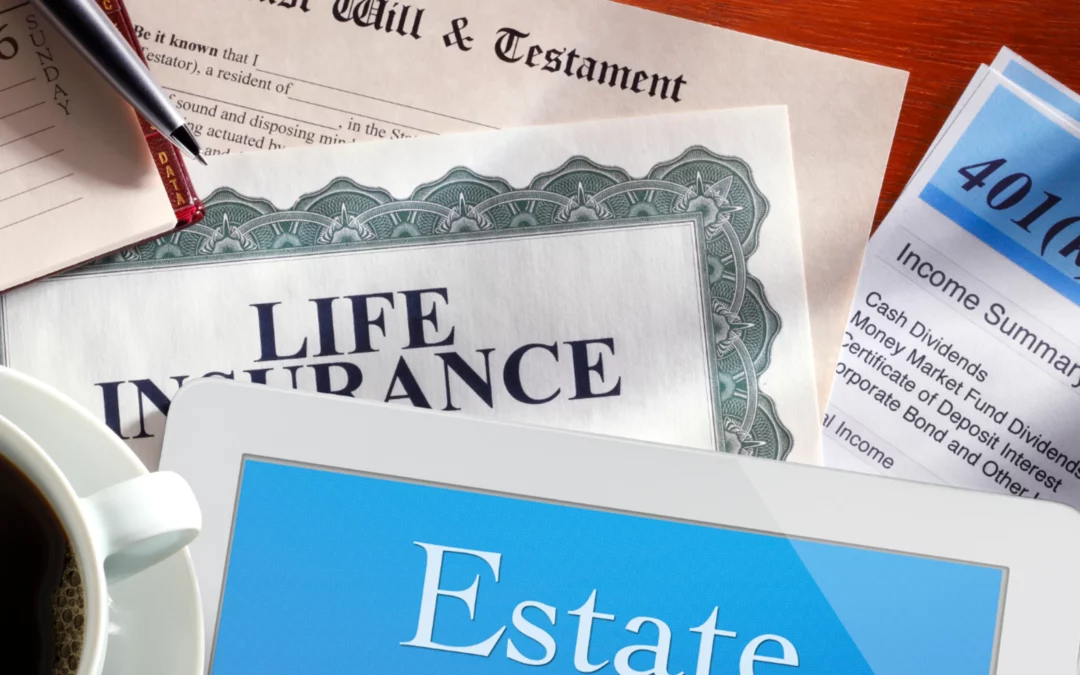We talk a lot about building an emergency fund. But what happens when you actually need to use it?
In recent coaching conversations, we’ve seen something come up again and again. People have worked hard to build three to six months of expenses in savings, and then, when something unexpected happens, they hesitate. A car breaks down. A medical bill shows up. An appliance quits. And instead of using the money they’ve set aside, they reach for a credit card.
It’s an easy mistake to make. But the impact is real. Interest charges from that credit card, often 15, 20, or even 24 percent, end up draining your monthly budget. That can create a costly setback on everything else you’re working toward.
There’s usually a mindset issue behind it, a sense of pride in having built up those savings, and a reluctance to see the balance go down. But here’s the truth: that’s exactly what emergency savings are for. Not to sit untouched, but to help you make smart decisions in the moment.
Using that money isn’t a setback. It’s part of the plan. And when you do use it, you can always build it back up with intention and discipline.
Have questions or a topic you’d like us to cover next? Money Hacks is built around real conversations with people just like you. Let us know what’s on your mind.
Video Transcript
Today, we’re talking about emergency savings and what it really means to need to use them.
We believe one of the foundational pieces of financial security and success is having a savings account — building up three to six months’ worth of living expenses in your emergency or short-term savings bucket.
Many of you we’ve met in one-on-one coaching have done a great job saving for unexpected expenses using vehicles like money market funds or high-yield savings accounts. Both are prudent and good places to hold your emergency savings.
But we’ve also seen individuals and couples who have an emergency savings account and still, when the unexpected happens. Let’s say a broken appliance at home or a medical cost is needed. They put it on a credit card instead of using what they’ve saved.
When you look at your full financial picture, that’s not the most prudent decision. Credit card interest maybe 15, 20, or even 24 percent is a major burden on your budget and cash flow. If you have money set aside in your emergency fund, you could just pay the expense directly and avoid that extra cost.
I know there’s a mental roadblock here. We take pride in building up the emergency fund, so we don’t want to touch it. But that’s exactly what it’s for to cover short-term needs, unexpected expenses, or even a period of being out of work.
Maybe it’s a fender bender. Maybe you had to run to urgent care. Maybe your household appliance stopped working. That fund exists to pay for those types of expenses. So don’t be afraid to use it. It might reduce the amount you have in savings for a while, but then you can have a game plan to build it back up.
That’s what the emergency fund is for to ensure you’re making wise decisions, avoiding credit card debt, protecting your cash flow, and staying on track for your short, medium, and long-term goals.
I hope this helps. We’ll see you next time.

 Published September 25, 2025
Published September 25, 2025




